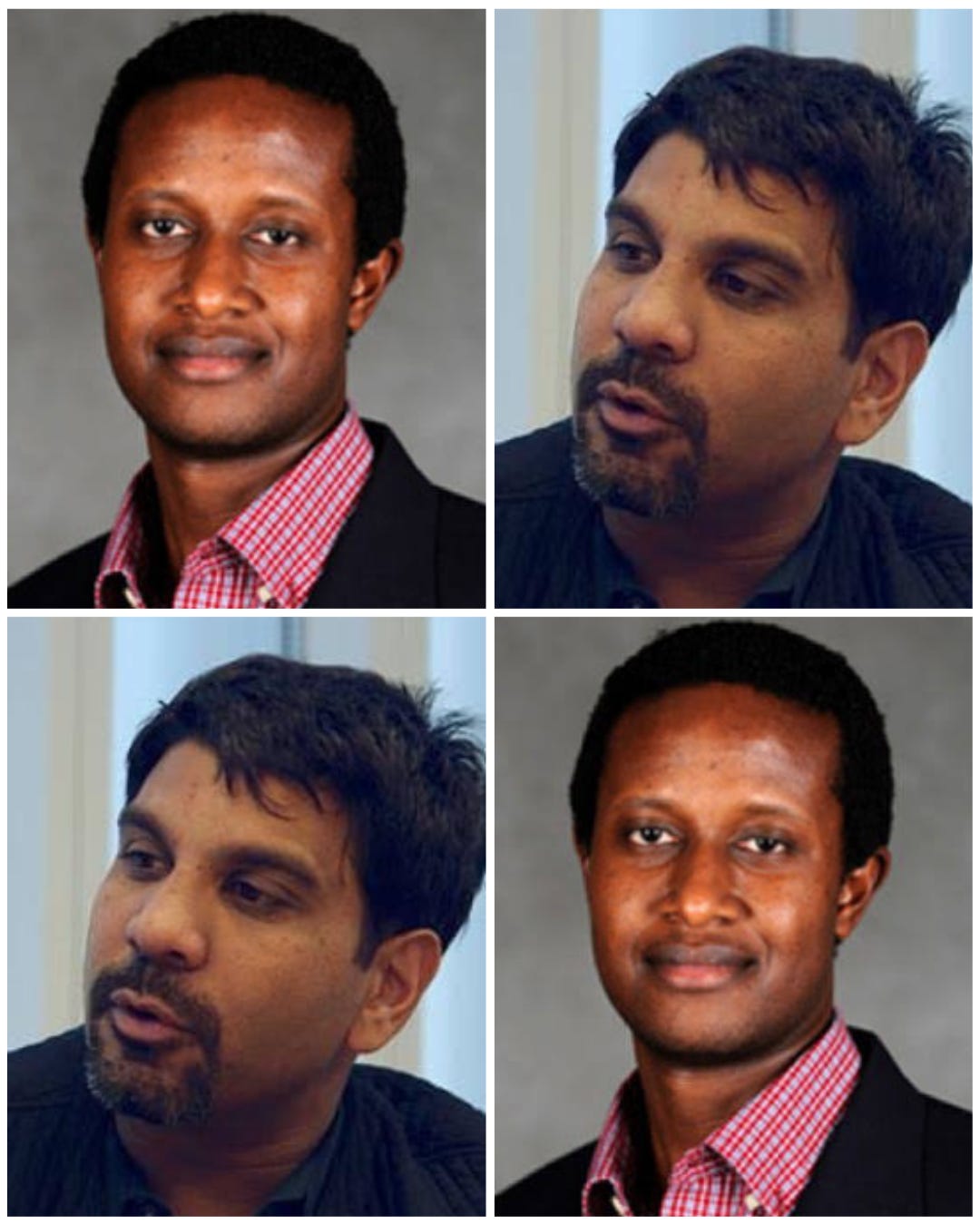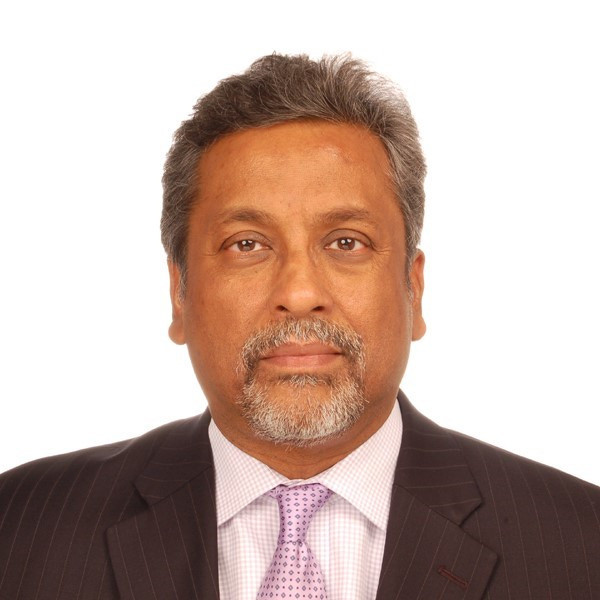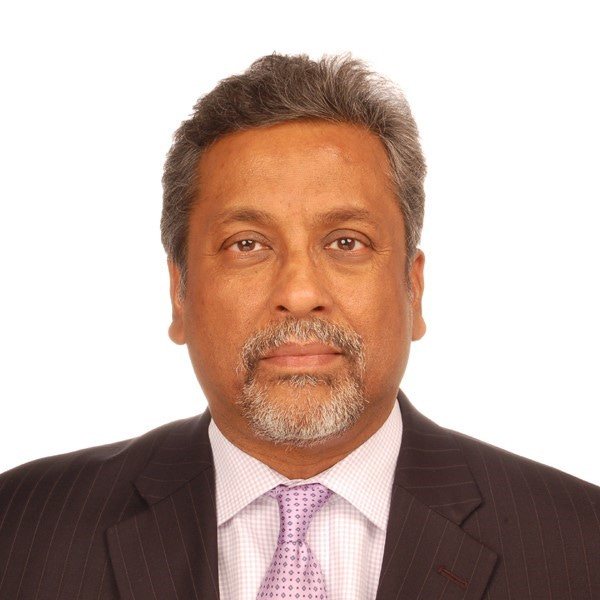The Dynamics of Growth
Description
In this podcast episode, Tobi interviews Rasheed Griffith - who is the CEO of The Caribbean Progress Institute, and host of The Rasheed Griffith Show explores the adaptability and policy implementation in smaller countries compared to larger ones, noting that smaller nations can change more swiftly due to simpler institutional structures. Rasheed contrasts this with larger countries like China and India, where changes, although rapid, are often driven by cultural homogeneity and authoritarian governance, which may not be desirable in Western democracies. The discussion also touches on the impact of leadership and institutional capacity on economic development, emphasizing that the quality of governance often outweighs the mere structure of political systems in influencing a country's developmental trajectory.
You can listen to episodes of Rasheed's brilliant podcast (The Rasheed Griffith Show) here. You can also subscribe to the Carribean Progress Institute newsletter here, where you can read many interesting and important writings.
Transcript
Tobi;
Welcome to the show, Rasheed.
It's great to talk to you.
I want to start with something that you mentioned in our first conversation, which has stayed with me. I haven't been able to stop thinking about it since, which is that small countries are somewhat more amenable to change than big countries. You know, when we talk about ideas and policies and economic development,
I just want you to expand on that a bit. I know I'm paraphrasing, but I want you to expand on that a bit.
Why do you suppose that is?
Rasheed;
Small countries have less people to influence politically, economically, socially. So ideas can spread faster and ideas can spread deeper in small countries. So for example, if you have a country like Nigeria, you have over 200 million people, you have vast, vast institutions that are captured or incentivized in very radically complex ways.
Compare that to a country like Saint Lucia that has 180,000 people. Very small institutions, very small number of schools, very small number of just social actors.
For the difficulty of idea spread and idea capture, it's a lot less in a very small place, and yet these are still essentially independent sovereign UN vote countries that have as much rights in that league as Nigeria.
You know, Walmart...Walmart in the US has more employees than all of Saint Lucia has population. Or even Saint Vincent, or even Trinidad, Walmart has more employees.
So, when you talk about turning the ship of these small countries, it's a lot less complicated than trying to influence Nigeria or Ethiopia or the US or Canada.
Tobi;
I want to square that a bit with what we saw in China in the last 40 years.
China is obviously a very large country and some people would say that it went through a process of rapid change, I mean, after the 1978 reforms. How did a country like China and to some extent what we are seeing in India recently, do you think that having, even if you're a big country, having a homogenous culture, language, ethnic population, does that also help speed up the process of change.
China, obviously, communism being the central guiding ideology and of course, majority of the population is Han Chinese. And we're seeing Modi, you know, rally around Hinduism as the national identity of the country. So, how does homogeneity play in here? And you see some pretty screwed up small countries, you know, Haiti…
What are the constraints and what are the catalysts?
Rasheed;
So China is obviously a good example, but China didn't just transform itself via ideas. It transformed itself via a dictatorship. And I think most people would not want that trade-off. You know you go to Shanghai, [which] I've been to many times, you go to Shanghai and you say “it's so great here, the transportation is fantastic the skyline is amazing, all this happened in 30 years” but then the problem is this; the way [and] how it's done, the effects, the results are quite spectacular but for most people in Western countries, you are not willing socially, morally, to make that trade-off even if the trains are so nice. Because you don't want to have the authoritarian system that China has.
So, you know, you can describe China as communist and of course the party structure is very Leninist communist structure [but] of course how the economic stuff operates is very open in terms of price mechanisms that you typically find in other capitalist operation. But, you know, don't make no mistake, this was a very harsh trade-off that the Chinese people did not have a chance to make particularly because they had a very authoritarian, still has a very authoritarian party.
And I would also say that a lot of the transformation of China that has happened it wasn't particularly directed by the party. People always use Deng Xiaoping as the start point for the opening up policy. But when you look at the proper historical literature, he really just allowed the people to do what they were starting to do already.
The market reforms were a very bottom up process. So it wasn't like they kickstarted the actual change themselves. As usual, it's a market system that happened first. So, again, I don't think in Western countries that have a history of democracy, a history of institutions, history of social liberties would want the kind of trade-offs needed that China used to rapidly push in one direction.
Now, India is tricky because India, of course, had a lot of growth, but India has very weak institutions. You know, when you are there on the ground, there is a massive difference between India and China, even states like Bangalore, for example, or New Delhi.
It is still quite a developing country because there's so much development, the numbers kind of look good but in my opinion no unit, no particular place itself can be called developed yet and a lot of the really massive growth in India… again, its government has not really been very good at capacity building, although at some measurements of state capacity India still runs very high for some strange reason but it is always a bottom-up process in India. However, depends on where you go in India, again, there are some parts that are still very far, far behind and some parts that are very, you know, far forward.
Again, same in China. You go to Western China, it's as poor as it was 50 years ago. Because those are big places, very big populations, it's very difficult to look at macro measurements as like default indicators, whereas if you go from Shanghai to even like Jiling, it's a very, very, very difference in economic proportionalities.
Tobi;
Yeah.
It brings me to this question of democracy versus autocracy in the context of economic development. As you know, a lot of African countries, especially around 20, 25 years ago, after a very long history of military coups and dictatorships, started democratising, you know. And if I use Nigeria as an example, the challenge and why there seem to be a pining for autocracy, especially if you look across and, you know, compare what East Asia was able to do, there seem to be no continuity.
For example, in Nigeria, the way I describe Nigeria is bad ideas are immortal, but good ideas have no continuity, right? So what is the nuance, precisely, in this democracy versus autocracy debate when you want to kickstart development and sustain it, you know, and try to reach for high income?
Rasheed;
See, it really depends on what people mean when they say democracy, because oftentimes I get the sense people really mean just voting and competitive elections.
Is that what you mean by democracy or they mean something deeper?
Tobi;
Well, that's a good distinction because I think loosely we use democracy basically to mean that, okay, you have cyclical elections, you have a constitution that grants people relative freedom, on paper, in practice might actually be very different. You have a somewhat independent judiciary and there is separation of powers.
So that's how I would describe what I'm talking about.
Rasheed;
I see that's tricky, right? Because England does not have separate powers. It doesn't have a separate judiciary. People still call it democratic. So it's a complicated question there.
Also they don't even have an actual constitution either.
Tobi;
Yeah, they don't. I'm fascinated by how that works, by the way, but i'll say maybe from the 2000s upward, most new states or newly democratising states have gone for the American-style presidential system, you know, and i feel like that is part of the struggle with a lot of states especially in Africa. For example in Nigeria, after independence it was a parliamentary system of government then there was the war and the coups and then during the second republic we kind of went the way of the American presidential system and then there's always this constant debate about: do we really have a federal system, how do we handle things like state independence, how do you balance minority rights versus rule of majority, right?
Now, for states that have opted for this American federal system, you know, without having the same history and the same institutions, they seem to strug
























